Description
In Depth
Terra μBiomic is a one of a kind Soil-Based Organism (SBO) probiotic, designed by Alimentum Labs to reset your gut microbiome and promote overall well-being from the inside out. Harnessing the power of 11 diverse strains, this potent probiotic offers a scientific yet accessible solution to enhancing gut health. Derived from ancestral soil, the resilient microorganisms that make up the Terra μBiomic play a pivotal role in purging pathogens, healing the gut lining, facilitating detoxification, and optimizing digestive function.
Terra μBiomic’s unique viability ensures it withstands the journey through the digestive system to reach the intestines intact for maximum efficacy. Ideal for addressing health concerns such as antibiotic side effects, allergies, diarrhea, and digestive issues, Terra μBiomic offers a foundational step to reset your gut before introducing other probiotic systems to optimize their benefits. Terra μBiomic is a holistic solution to transforming your gut health and experiencing all of the life changing benefits of a balanced microbiome.
Key Features
- Bacillus coagulans, also known as Weizmannia coagulans, is one of the most extensively researched soil-based probiotics that has been consistently reported to support gut health. This hardy strain not only produces lactic acid and inhibits the growth of harmful bacteria, it also synthesizes essential B vitamins and releases enzymes that are crucial for digesting carbohydrates, proteins, and fats. Furthermore, its unique metabolites provide antioxidant properties that actively contribute to reducing oxidative stress, offering comprehensive support for gut health.
- Bacillus subtilis helps balance the microbiome with its unmatched ability to produce antimicrobial compounds that are crucial for combatting the growth of harmful bacteria in the microbiome. Renowned for fostering healthy inflammatory responses and fortifying the gut barrier, B. subtilis also stands out for its unique production of the antiviral peptide P18, offering protection against viral pathogens. Additionally, its robust production of proteolytic enzymes aids in protein digestion and biofilm disruption, contributing to its role in reducing inflammation in the intestinal tract and supporting gut health.
- Bacillus megaterium, also recognized as Priestia megaterium, exhibits significant benefits for gut health by enhancing the activity and production of digestive enzymes. This probiotic goes beyond conventional functions by producing mannitol and C30 carotenoids, powerful antioxidants that effectively reduce oxidative stress in the gut. This antioxidant action also fosters the growth of Faecalibacterium prausnitzii, a highly beneficial probiotic found exclusively in Alimentum Labs’ Neuro μBiomic.
- Bacillus pumilus demonstrates remarkable efficacy in promoting overall health by combating environmental stresses. This probiotic showcases a unique ability to produce potent antifungal compounds, aiding in the elimination of pathogenic molds and yeasts. Additionally, B. pumilus contributes to gut health by generating two antioxidant compounds, riboflavin (vitamin B2) and C30 carotenoids, further emphasizing its role in supporting overall well-being.
- Bacillus indicus is an exceptionally resilient probiotic that provides a multifaceted approach to achieving a healthy and balanced gut environment. This robust probiotic enhances gut health by producing potent antioxidant and anti-inflammatory compounds, such as xanthorhamnin and carotenoids, that contribute to the overall well-being of the gastrointestinal system. Moreover, Bacillus indicus exhibits a unique ability to form biofilms, serving a dual purpose of inhibiting pathogenic growth and interacting intricately with the host’s immune system.
White Paper
The White Paper is your comprehensive guide to understanding this product. It details the ingredients, their functions, and how they work together to deliver results. Complete with usage guidance and safety information, it’s an invaluable resource for anyone seeking a thorough understanding of this formula.
Essential Ingredients
- Weizmannia coagulans (Bacillus coagulans)
- Bacillus subtilis
- Priestia megaterium (Bacillus megaterium)
- Bacillus pumilus
- Bacillus indicus
Directions
Take 2 capsules daily, or as directed by your health care provider. Refrigerate after opening.
Warnings
Keep away from heat, sunlight, and out of the reach of children.
Quality Guarantee
cGMP facility
Vegan
Non-GMO
Gluten Free
Dairy Free
No Sugar
Frequently Asked Questions
Who should take Terra µBiomic?
Terra µBiomic is recommended for individuals looking to optimize their gut health, especially those experiencing health concerns such as diarrhea, bloating, abdominal pain, small intestinal bacterial overgrowth (SIBO), or constipation. It’s suitable for those aiming to diversify their microbiome, reduce the side effects of antibiotics, alleviate symptoms of allergies, and enhance the health and diversity of their gut’s bacterial community. Additionally, Terra µBiomic is beneficial for individuals seeking to reset their gut microbiome, address digestive issues, or embark on a detox or intestinal reset protocol.
How should I take Terra µBiomic?
To maximize the benefits of Terra µBiomic, it is recommended to take 1-2 capsules daily for a duration of 30 days, preferably with food. For unparalleled results and enhanced health benefits, pairing Terra µBiomic with its synergistic prebiotic formula, Terra Superfood, is recommended when creating gastrointestinal protocols. It’s important to note that individual needs may vary, so consulting with a health care practitioner before adjusting prescribed doses or protocols is advisable.
Can I take Terra µBiomic with other supplements?
Yes, Terra µBiomic can generally be taken with other supplements. In fact, it is recommended to be taken with its synergistic prebiotic formula, Terra Superfood, for optimal results. However, it’s advisable to consult with your health care practitioner before introducing new supplements or making significant changes to your regimen. This ensures compatibility with your specific health needs and prevents any potential interactions.
Can I take Terra µBiomic if I'm pregnant?
While taking Terra µBiomic is generally safe during pregnancy when used as directed, it is always recommended to consult with your health care practitioner before taking any new supplement, including Terra µBiomic, to ensure it aligns with your specific needs during pregnancy.
Why is Bacillus subtilis important for strengthening the gut barrier?
Bacillus subtilis is a significant player in fortifying the gut barrier due to its ability to produce antimicrobial compounds, promote healthy inflammatory responses in the intestine, and actively strengthen the integrity of the gut lining. Research indicates that these properties collectively contribute to enhancing the resilience and protective function of the gut barrier, playing a key role in overall gut health and well-being.
How does Terra µBiomic promote healthy detox and drainage?
Terra µBiomic promotes healthy detox and drainage through the actions of its soil-based organisms (SBOs), such as the various Bacillus species that make up this formula. These versatile probiotics produce unique enzymes that effectively break down and eliminate toxins, including heavy metals, toxic microbial byproducts, and other harmful substances in the intestinal tract. By capturing and facilitating the excretion of these substances with the use of activated carbon, Terra µBiomic supports the body’s natural detox pathways, reduces toxin exposure, and promotes optimal metabolic functions. Additionally, the probiotic strains in Terra µBiomic stimulate peristalsis and promote healthy drainage through the colon, ensuring proper digestive functions.


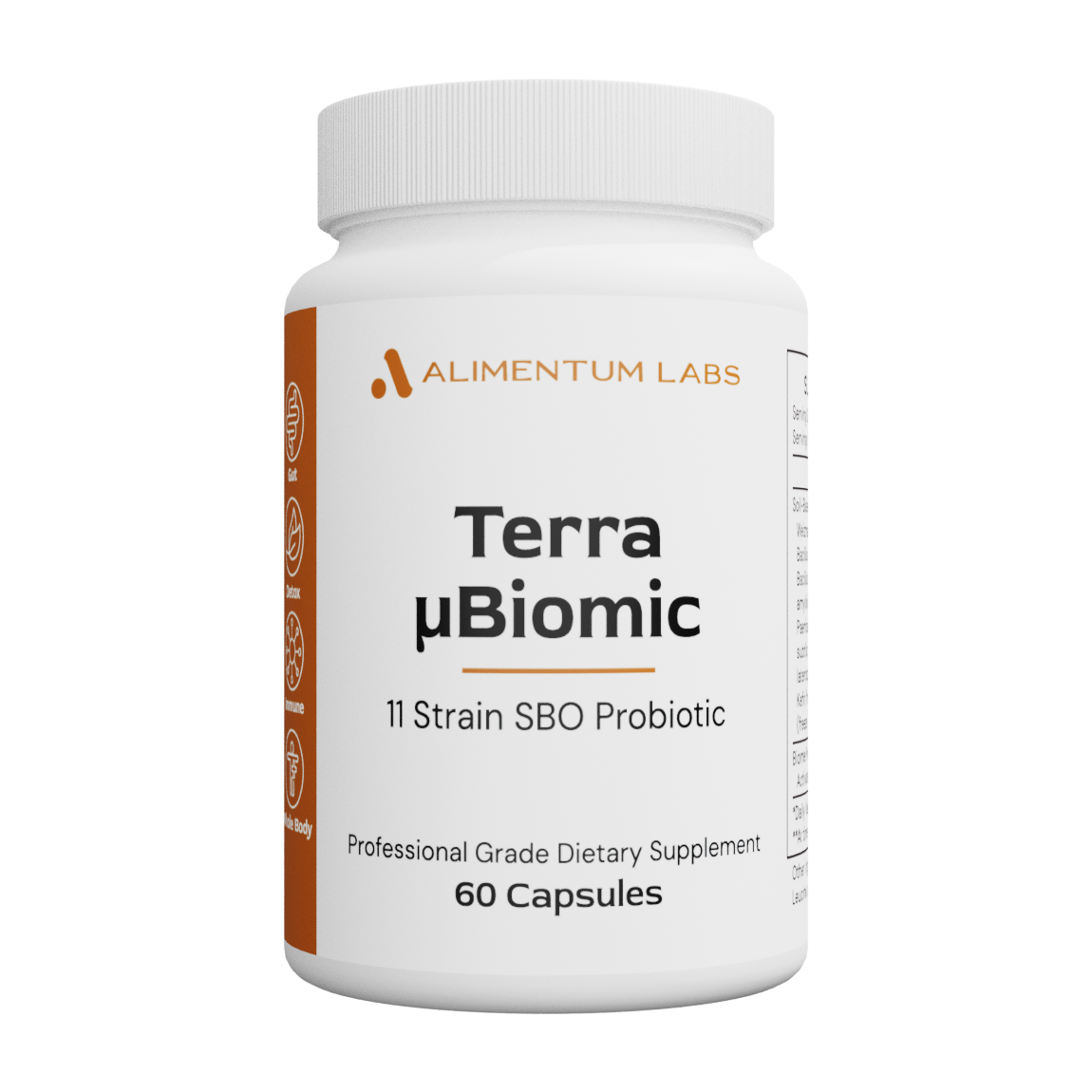
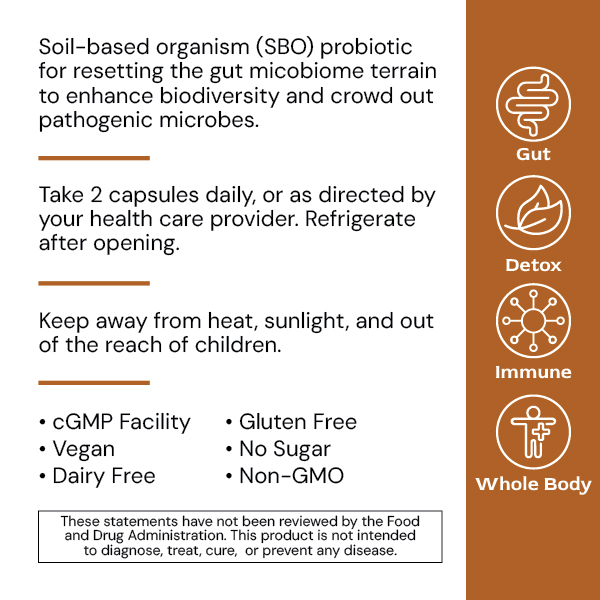
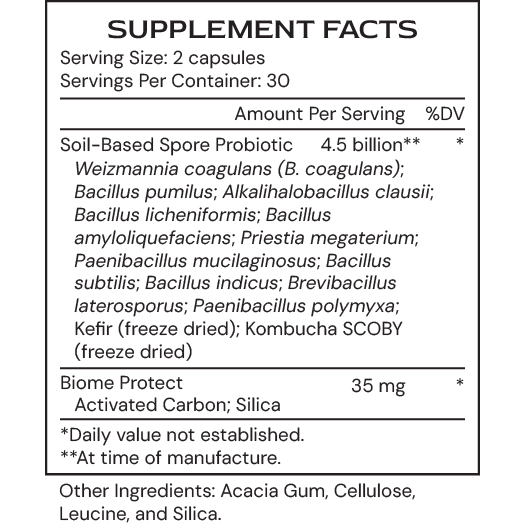
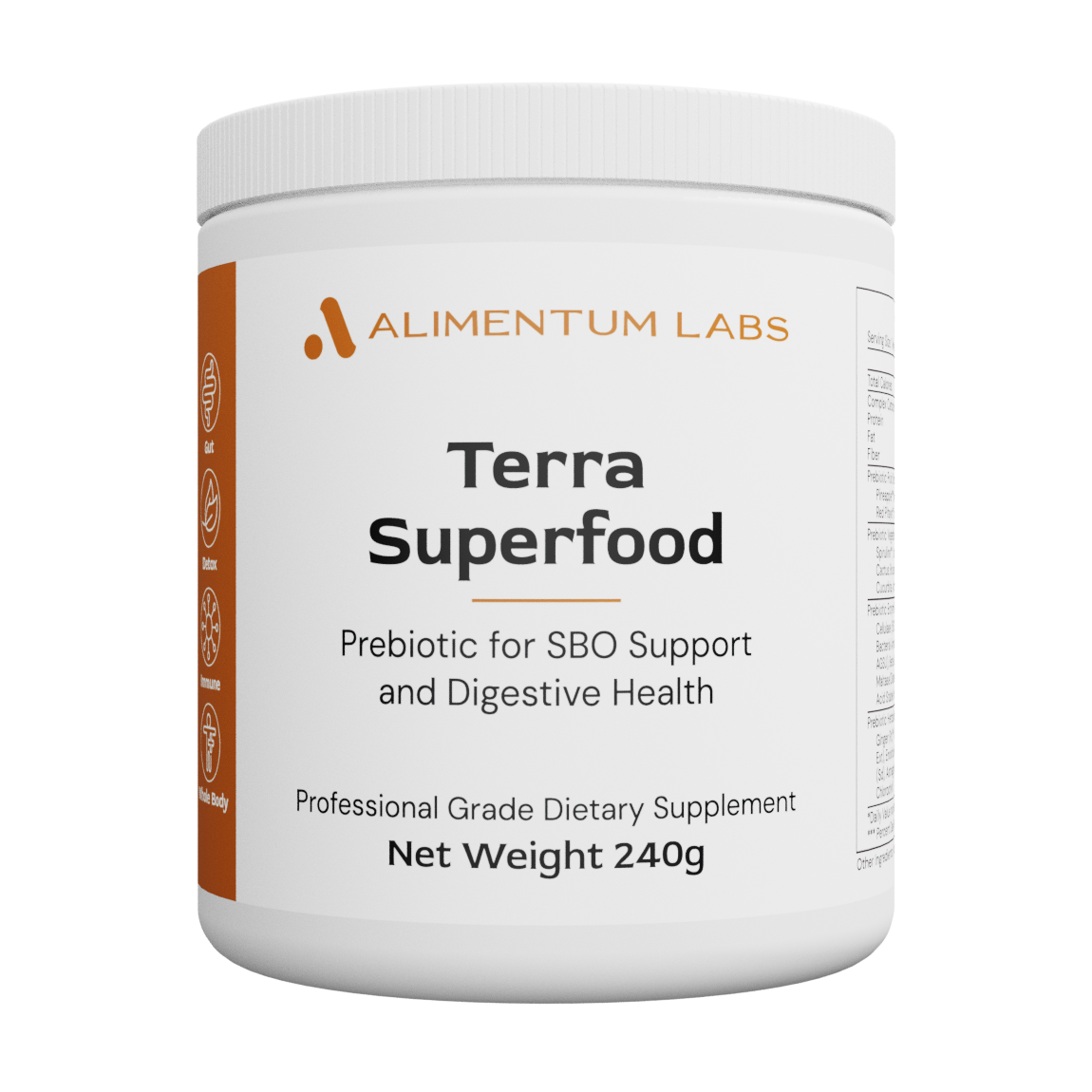
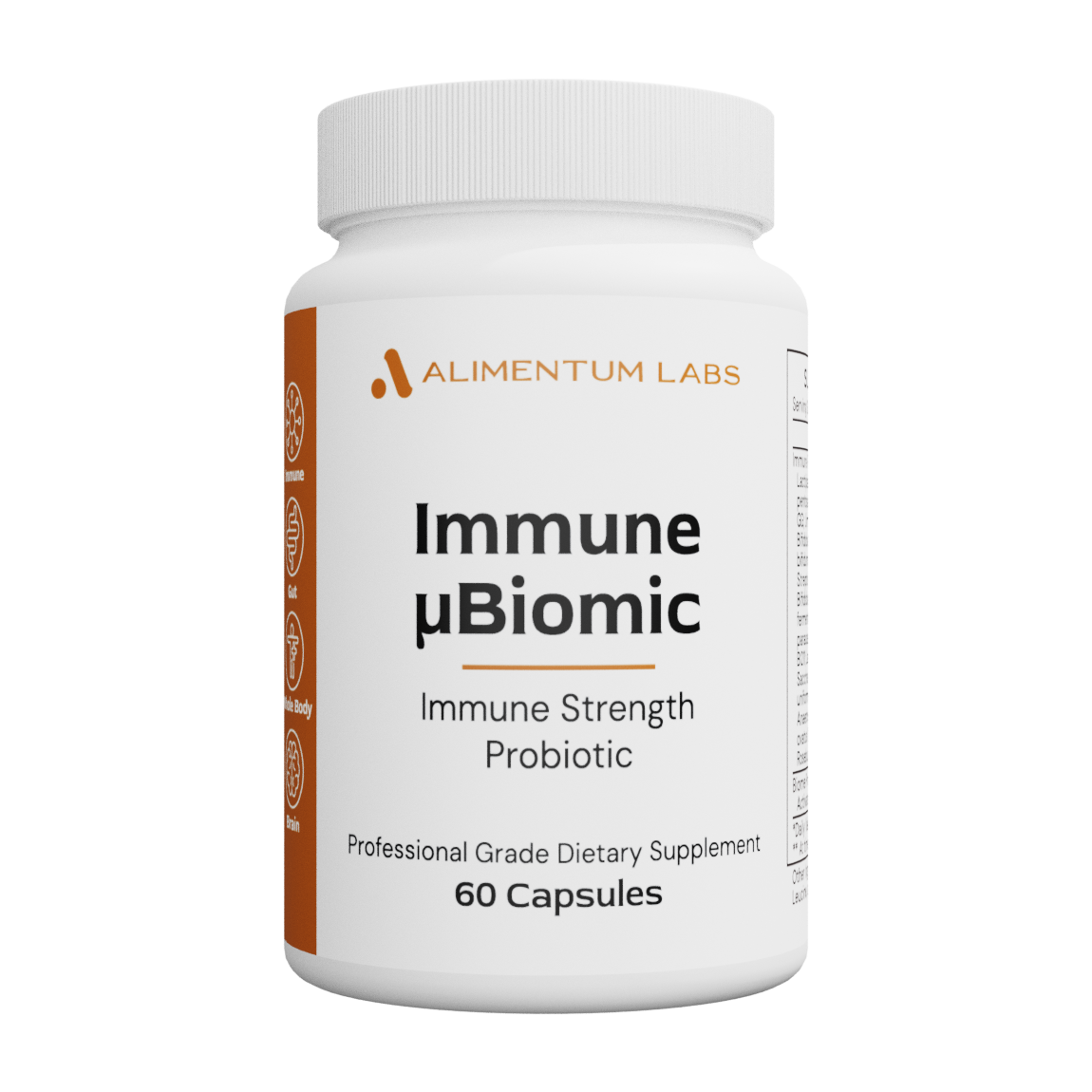
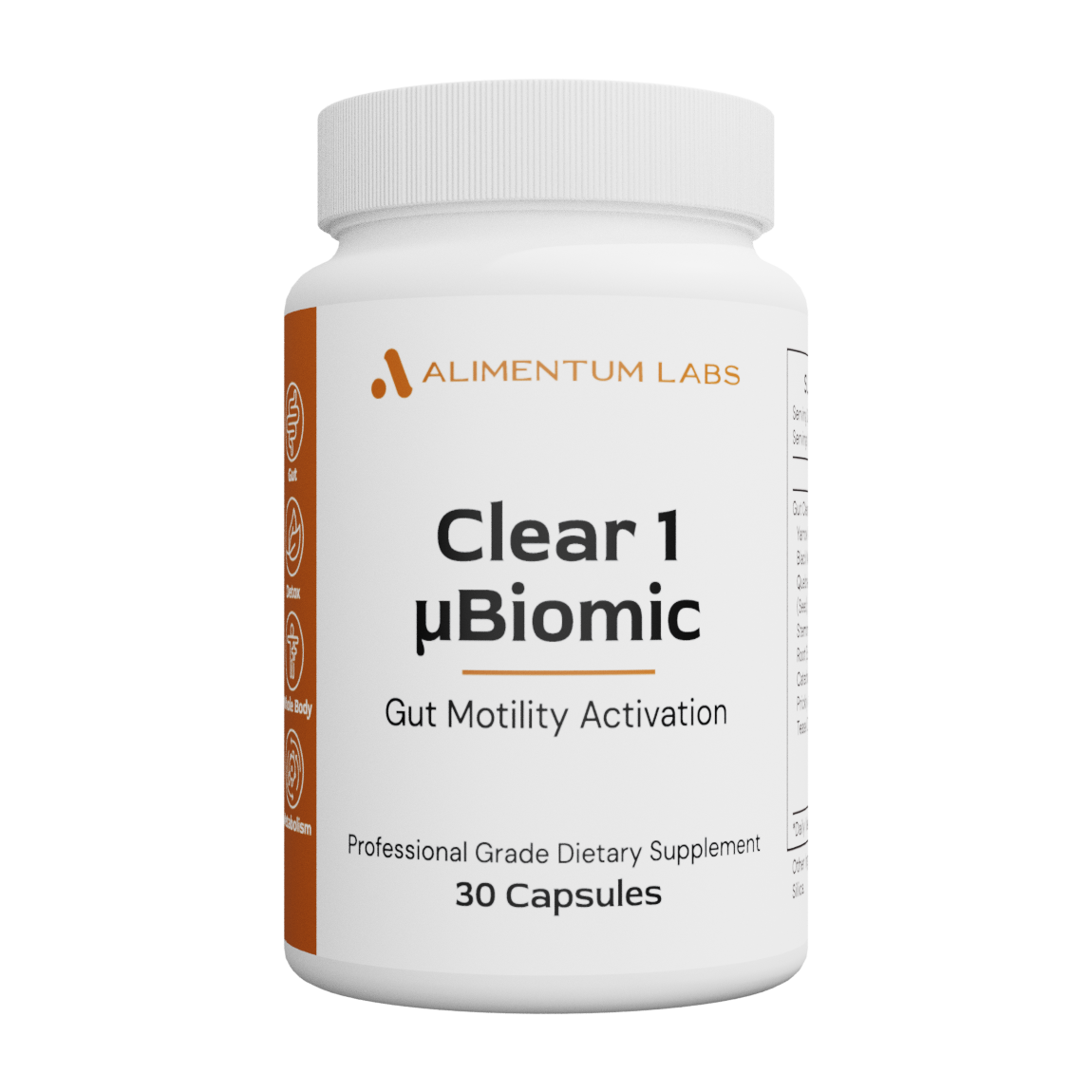
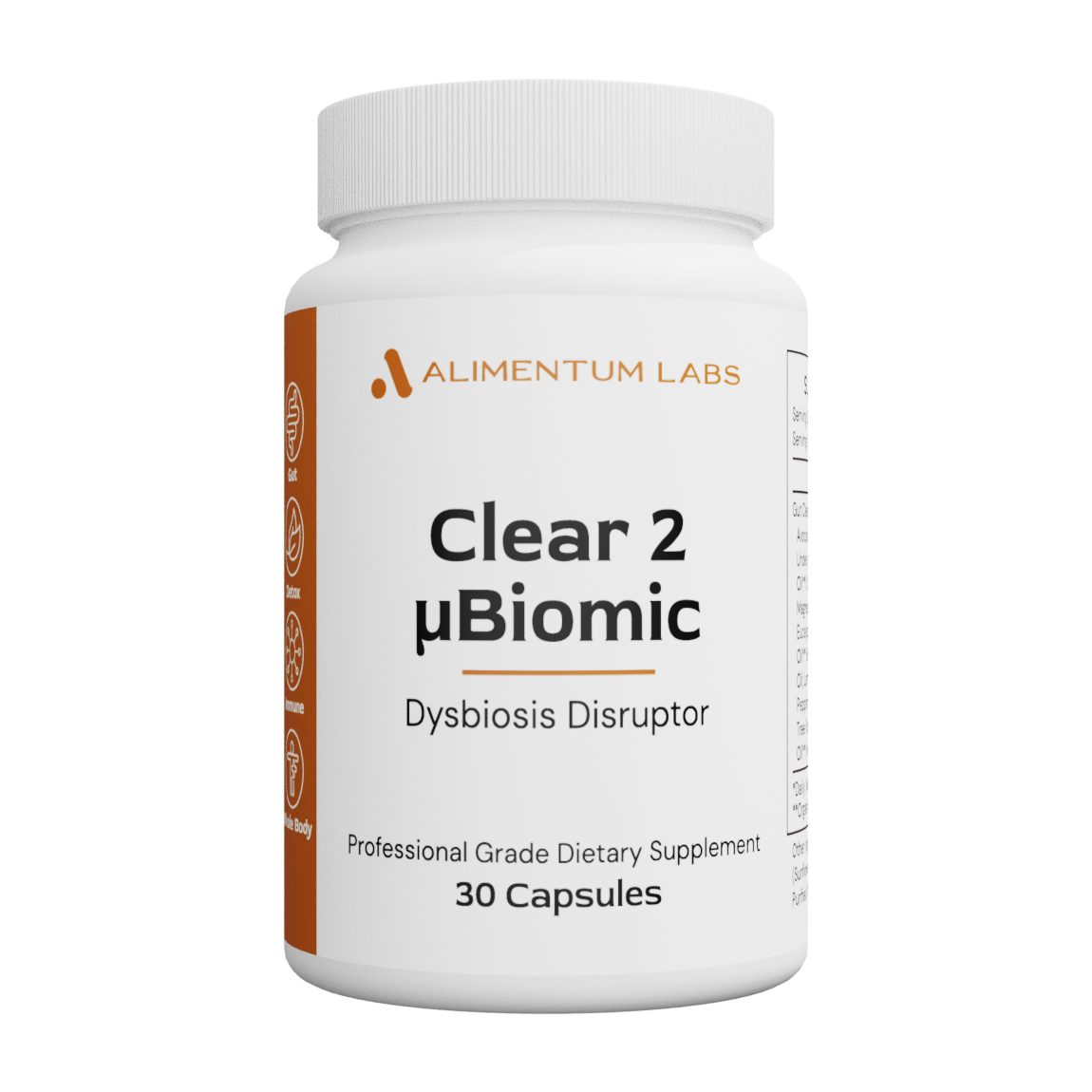
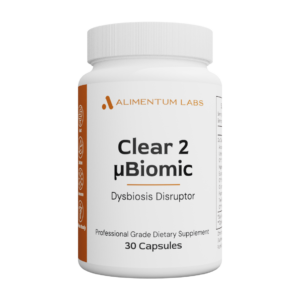
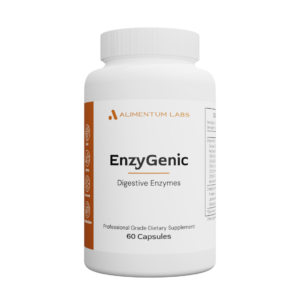
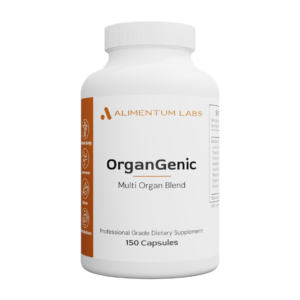
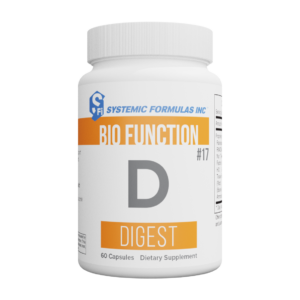

There are no reviews yet.